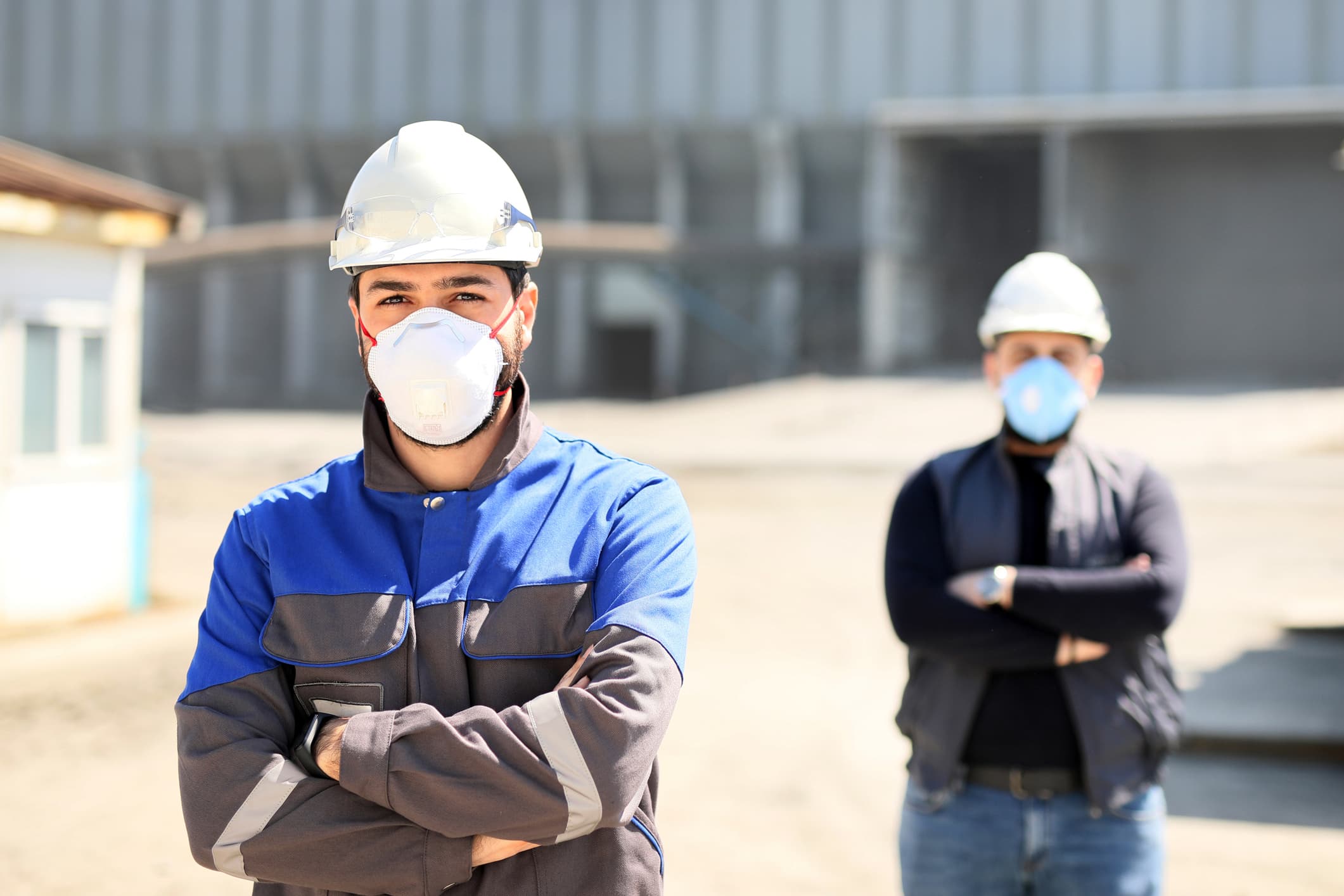Tradies at risk of developing disease
Published on Posted onWe know being a tradie carries risks of physical injuries, in particular musculoskeletal injuries, but what is equally as important to highlight is the burden of work-related illnesses and cancers on those in the trades industries.
Given the nature of the work and duties of most tradies, they’re among those workers who are most likely to be exposed to potentially harmful substances and therefore susceptible to developing occupational diseases.
Yet instances of occupational diseases and cancers are generally not reflected to their true extent in the workers’ compensation claim statistics.
What are occupational diseases tradies face?
If a worker contracts or develops a disease (including cancer) as a result of exposure to risk factors arising from the nature of their employment, it may be recognised as an “occupational disease”.
Risk factors include chemicals, toxins, dust, gas, fumes and radiation. And according to the Cancer Council Australia, some of the most common disease and cancer risk factors tradies face in the workplace may include:
- Diesel engine exhaust emissions
- Silica dust
- Asbestos
- Welding fumes
- Wood dust
Other health risks faced by tradies may include musculoskeletal disorders and diseases (e.g., Raynaud’s disease and bursitis), hearing loss, melanoma, and occupational asthma.
Dust diseases, however, are one of the biggest concerns for many tradies with increased risk of exposure to dangerous fibres like asbestos or silica, which are known to cause conditions like asbestosis, silicosis, and lung cancers like mesothelioma.
Read more about understanding occupational cancer risks.
What to do if exposed to a hazardous substance
If you or someone you know may have been exposed to a hazardous or carcinogenic substance, it’s recommended that you see your GP or a specialist to determine if you have a condition or disease which may be caused by the nature of your employment (whether past or current).
It’s important that you provide them with your occupational history, and if you don’t feel that your symptoms have been properly investigated, you seek a second opinion or request diagnostic testing.
Given that the period between exposure and the onset of symptoms can be decades long for certain diseases and illnesses, early preventative measures and detection is best.
It’s also recommended to seek legal advice as to protect your prospects for pursuing a potential occupational disease claim and WorkCover compensation claim, or entitlements through your superannuation insurance policies, like a total and permanent disability claim.
When may a tradie with an occupational disease claim WorkCover?
A worker diagnosed with an occupational disease may be entitled to WorkCover compensation if the nature of their employment (again, whether current or former employment), significantly increased the risk of contracting the disease than had they not been employed in that role.
This is irrespective of whether their employment actually caused their disease (unless WorkSafe proves that the disease was not due to the nature of the employment).
For example, a former building demolition worker who developed asbestosis years after working in the industry is quite likely to be eligible to claim workers’ compensation because their job exposed them to a significantly higher risk of developing such a disease.
It doesn’t matter if you’ve left the job where the exposure occurred, or if you worked with a number of employers where exposure may have occurred, or even if you were a smoker – if the nature of your employment increased your risk of developing the certain disease you now have, you may be eligible to claim workers’ compensation.
What entitlements may tradies with an occupational disease be entitled to?
Just like any other physical injury, a worker diagnosed with an occupational disease may be entitled to claim WorkCover compensation for:
- Weekly loss of income benefits
- Medical and like expenses
- In some circumstances, damages for pain and suffering and loss of earnings
Read more things you should know about WorkCover claims in Queensland and things you should know about making a WorkCover claim in Victoria.
However, you may also be entitled to other benefits regardless of whether or not you qualify for WorkCover compensation, including total and permanent disablement benefits from your superannuation policy. Read more about understanding TPD insurance through your superannuation.


